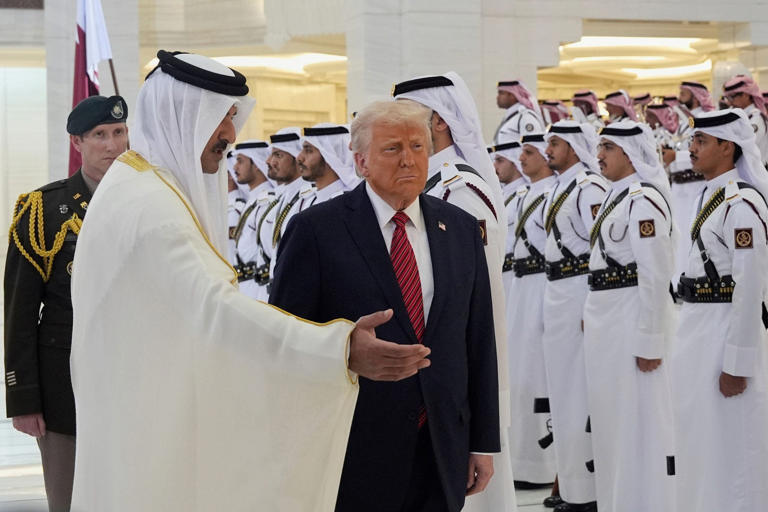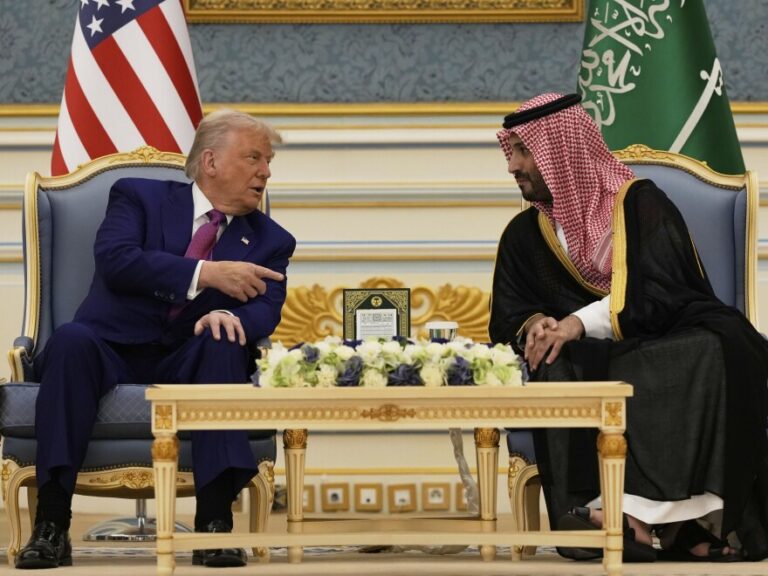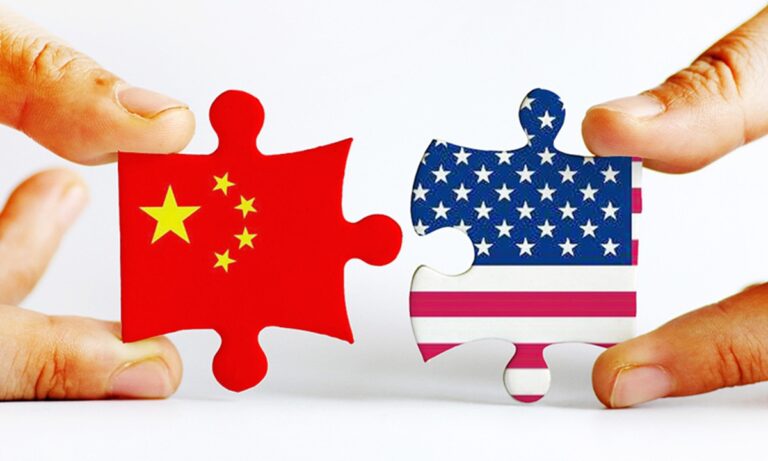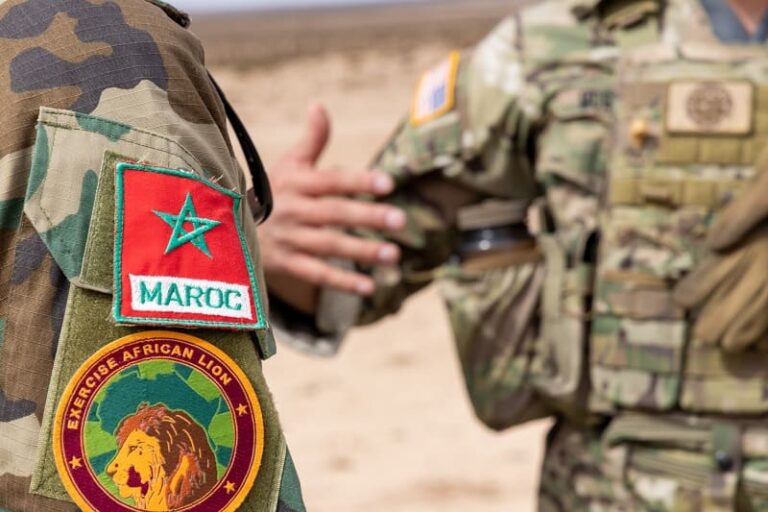
President Donald Trump’s recent visit to Qatar has intensified scrutiny over the Gulf nation’s growing influence in Washington, particularly following Qatar’s offer to gift the U.S. a $400 million luxury Boeing 747-8 jet. The aircraft, previously used by Qatar’s royal family, is proposed for temporary use as Air Force One during Trump’s term and later as part of his presidential library.
The proposed gift has sparked bipartisan concern. Critics, including Senators Ted Cruz and Rand Paul, as well as commentators like Ben Shapiro, question the ethical and national security implications of accepting such a gift from a foreign government with past links to militant groups. Legal experts also raise concerns about potential violations of the Constitution’s Foreign Emoluments Clause, which prohibits U.S. officials from accepting gifts from foreign states without congressional approval.
Despite the controversy, President Trump defends the acceptance of the jet, describing it as a “gesture of good faith” that benefits the country. He argues that the gift addresses delays in the delivery of new Air Force One aircraft and asserts that the arrangement is transparent and legally sound, backed by a Justice Department memo.
The jet, known for its opulent interior, would require extensive modifications to meet security standards for presidential use, potentially costing hundreds of millions of dollars. The situation underscores the complexities of foreign gifts to U.S. officials and the broader implications for international relations and domestic politics.
As discussions continue, the Qatar jet offer remains a focal point in debates over foreign influence and ethical governance in the United States.





